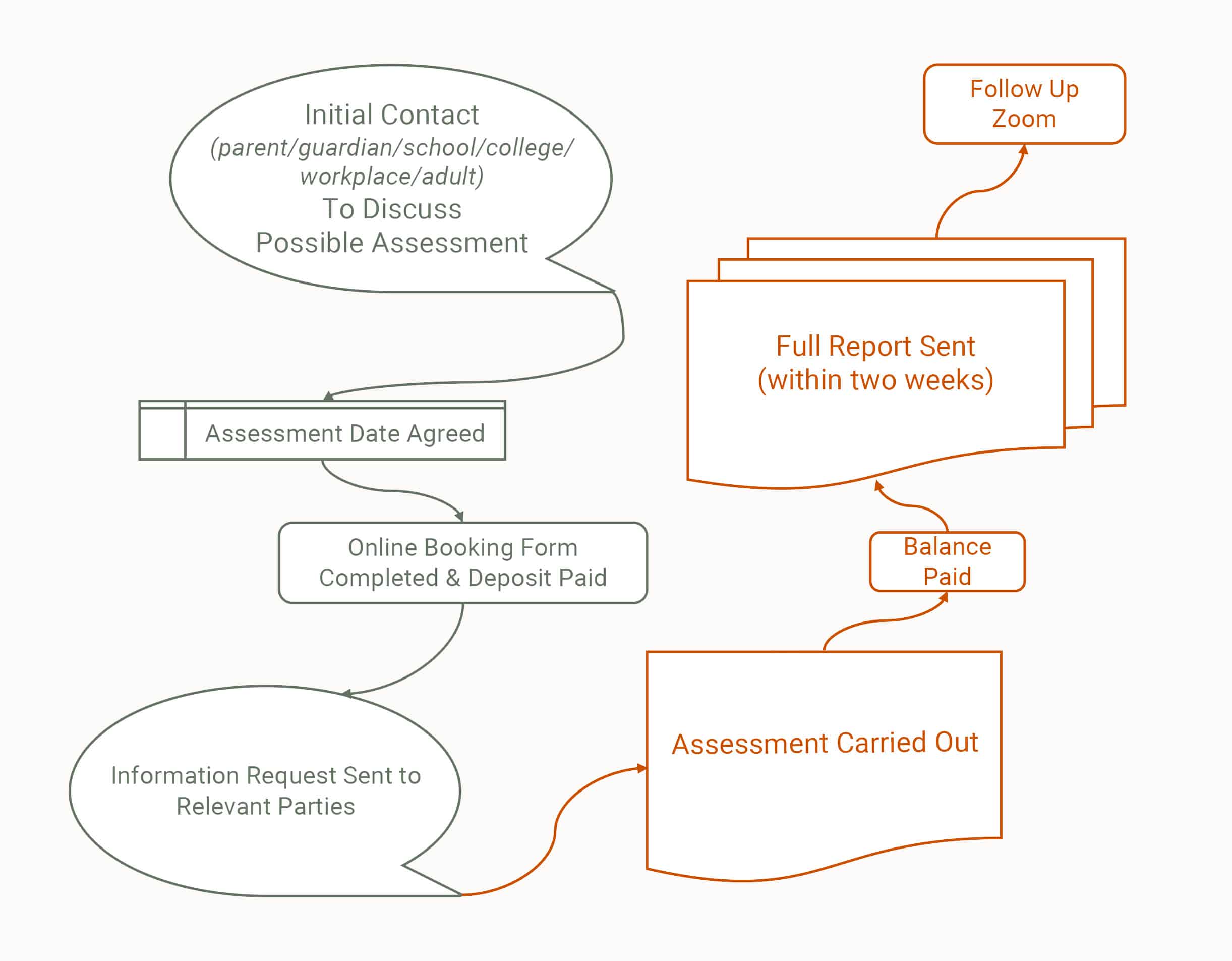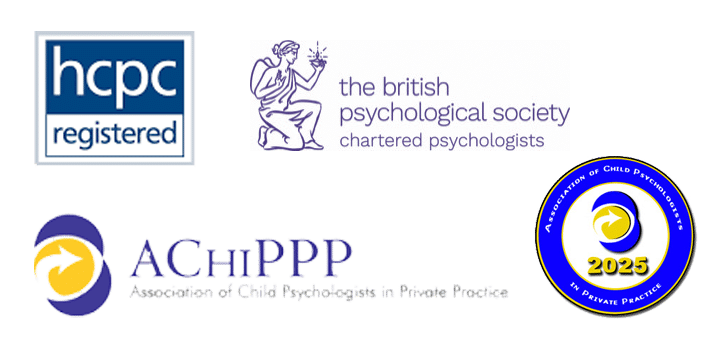Primary School
Ages 5-11

It is important to understand how the child applies themselves
We can either offer an assessment or a consultation for your child.
The focus of the assessment or consultation from our team will vary according to the concerns raised by both parents and school, at the point of referral.
An assessment involves 1:1 working with the child and subsequent discussion with adults, whereas a consultation is a shorter session, that focuses on a joint problem solving process with the adults who know the child and it may or may not involve an observation of the child and a short 1:1 session with the child.
Both lead to an action plan which can later be reviewed.
If you are not sure whether you want an assessment or consultation, please email Caro on and we can advise depending on the reason for referral.
During this primary schooling period, it is important to observe/understand how the child applies themselves to different tasks both within a 1:1 session and also in a group or class context. Background information fromboth school and home and from any other professionals that have been involved with the child is important, to set these observed learning behaviours and achievements in the context of the ‘whole’ child’sworld and their experience to date.
If the engagement with us is an assessment it will be weighted on working 1:1 with the child, and depending on the age of the child, different activities will be used during the individual session.
If the engagement with us is consultation, it will be weighted on a meeting with the adults who work with and know the child, focusing on a joint problem solving process around the problem that triggered the referral. Both will result in recommendations and an action plan, which can later be reviewed if necessary.
When there is 1:1 engagement with us and the engagement is for an assessment, for the younger children this is likely to include play based activities or dynamic type assessments, perhaps with some standardizedtasks. A likely second session a few weeks later might be planned to establish the degree of change after specific input. For the older children, in the individual 1:1 assessment standardised tests are likely to be usedalongside other more dynamic approaches, which will establish the child’s particular set of current learning strengths and weaknesses along with their current levels of attainment.
If the engagement is a consultation there may be a short 1:1 session with the child and/or an observation, before an hour to hour and a half meeting with the adults who know the child to joint problem solve the problem that triggered the referral.
For both assessments and consultations, the results and resulting hypotheses will guide how teachers and parents can support the individual child within school and at home. It will also focus on how the individual can start to help themselves by developing strategies that have been introduced to them and that they find work for them.
Specifically, 1:1 assessment with the primary aged child or consultation can include focussing on:
Specifically, assessment with the primary aged child can include focussing on:
- Social behaviour
- Self esteem
- Health, including vision and hearing
- Gross and fine motor skills
- Reasoning with language, use of language, phonological awareness
- Perceptual skills and reasoning
- Working memory, auditory memory, visual memory
- Processing Speeds
- Levels of attainments in literacy and maths
- Eligibility for specific access arrangements in preparation for Common Entrance, such as extra time, spell checker etc, as negotiated with the secondary schools.
- Sensory Processing
- Attention and other learning behaviours
- Curiosity levels, the child’s interests
- Emotional awareness: understanding of emotions and different social situations
- Development of the Theory of Mind: the ability to see and/or appreciate situations from another’s point of view, different from their own
- The child’s own view about school and their learning
Considering particular types of profiles is also part of an assessment and this can lead, if viewed as helpful, to specific diagnoses such as Dyslexia, Dyscalculia, ADHD, Autism Spectrum Condition and Sensory Processing Disorder. [1][2]
Living in the digital age where our children can be considered to be ‘digital natives’, an important part of the assessment is considering how technology can support the learning process. In particular is how technology can support the learning strengths, and help develop or override the weaknesses. At the same time, there is also the ‘management’ and ‘good IT habits’ to focus upon.
[1] If there is a significant likelihood of a diagnosis of dyspraxia or sensory processing disorder, a referral to the Occupational Therapist is appropriate
[2] A multi-disciplinary assessment will be recommended if there is a high probability of ADHD or ASC, which will usually include a Speech and Language Therapist, a Clinical Psychologist and an Occupational Therapist
The Process

Further Services Available
Caro Strover-Green & Associates work across all age ranges, from infant to adult learning working directly with individuals, schools and professional bodies.
Please select the category relating to the age range in which you are wanting assistance.

